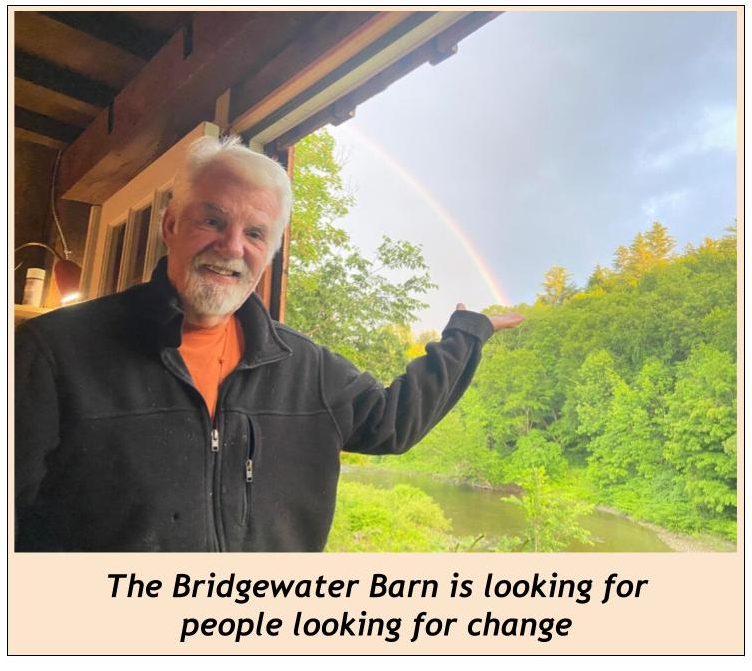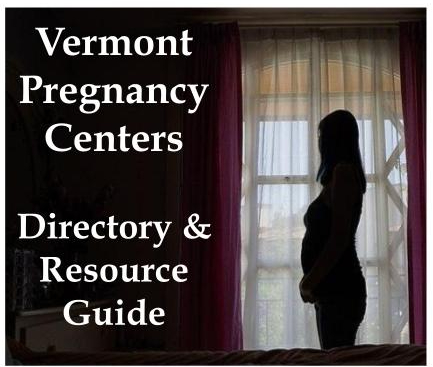
Editor’s note: A Tennessee school board has banned Maus, a 1986 graphic novel about the Holocaust, for language and one depiction of nudity. The board’s decision provoked this commentary from Vermont State Sen. Becca Balint (D-Windham).
This is not another letter of outrage about a Tennessee school district banning the Holocaust graphic novel Maus. Though I am outraged over the banning.
This is not another letter of disturbance about Whoopi Goldberg saying the Holocaust “was not about race.” Though I am disturbed by the comments.
This is not another letter whose goal is to explain why these are wrong, ahistorical, or harmful (though for those, I highly recommend Adam Serwer’s piece in The Atlantic and Jamelle Bouie’s reflections in The New York Times).
This is a letter about the small things we can do in their aftermath to help thwart the rising tide of hate around us, and the urgency to do so.
My grandfather Leopold Bálint was killed in the last weeks of World War II on a forced march from the concentration camp where he was imprisoned. Looming fascism to me is not abstract; it is deeply personal. I grew up squarely within the shadow of his generational trauma.
There is deep irony in the banning of a book which commemorates a time when the banning of books preceded authoritarian takeover, which preceded total loss of freedoms, which preceded the systematic murder of 6 million Jews. Eight years prior to the Holocaust, Nazi youth took aim at books they deemed to have an “un-German spirit.” Across 34 university towns, college students burned 25,000 books. Today, Maus, which Northeastern professor Hillary Chute describes as “trying to resist the fascist impulse,” would come near the top of the list of books which embody this spirit.
Meanwhile, Whoopi Goldberg’s remarks do not share the insidiousness the book banning embodies, but they do epitomize another disconcerting threat to preventing fascism’s rise in our own country. They represent a profound ignorance towards the reality of Nazi ideology, and the socially constructed nature of race. They point toward an abject failure of the now-hackneyed “never again.”
This news cycle has been an exhibit on the bankruptcy of “never again” as simply a mantra. “Never again” as a practice, an active verb, is essential.
This practice often begins in our own backyards—with our families, our friends, our neighbors.
When my wife and I first moved into our house in Brattleboro, Vermont, the neighbors across the fence had a large anti-gay sign in their garage. My immediate feeling—as an out gay woman five months pregnant with our first child—was despair. But I have built my life around the idea that there is good within everyone, that hate is often fueled by ignorance, and that ignorance is surmountable. Over time, through hundreds of small moments and gestures, we built a connection with our neighbors. From a wave to a conversation to a borrowed lawn mower, things changed. We built a relationship. And we felt the relief that comes when we stop turning away from each other and start meeting each other face-to-face.
This work is not easy. It takes determination, patience, and time. It also takes a belief in our ability to tell more complex stories of each other.
I’m not under some misconception that if we turn towards the most hateful among us, we will win them over every time. There are times, often, when those difficult conversations turn fruitless, and for some, dangerous. And it is true that to deliver meaningful material changes—to create a society with greater freedom, equity, and justice—we do not have to win over every person who is firm in their bigotry.
But it is also true that there are far more people like Whoopi Goldberg, and even like my neighbor with the anti-gay sign, than there are members of the McMinn County, Tenn. School Board. And those people, in moments of profound ignorance, need our insights, and our kindness. They need us to step up in those moments—not simply with condemnation, but with the courage and openness to bring them in, to help them learn. And there are undoubtedly even more yet who do not know, do not care, or do not understand.
To them, I come ready, with a copy of Maus in one hand, and the other outstretched, so that we can move forward together.
Categories: Commentary







But will she weigh in on whether McDonald’s should serve impossible burgers? Vermonters want to know!!!!!!!
What won’t she weigh in on?
I wonder when the last time balint stepped inside a Synagogue??? Maybe when boornie mittens sanders did??
Speechless
Those are elegant words and very well done. But hate and prejudice comes from a place scarcity, or the perceived future scarcity, living in fear about whether or not you will have enough to eat or have the means to keep a roof over your head and keep from freezing to death on subzero nights. And ironically it is not the indigent or the biased that I fear but the politicians who live high on the hog and use social justice agendas like climate change to pass laws to make it harder for the masses to survive. IMO Hitler was less of a racist than he was a collectivist who was afraid that the non-deserving would take up valuable resources that “his” kind deserved more. I wish you would comment on that??????????????????????????
I have a dream. I dream that one day all commenters will comment on the actual content of the material rather than the author of that material.
Is there not a chance that in actuality the book was eliminated for nudity, etc.? Are there other books which that library eliminated for nudity?